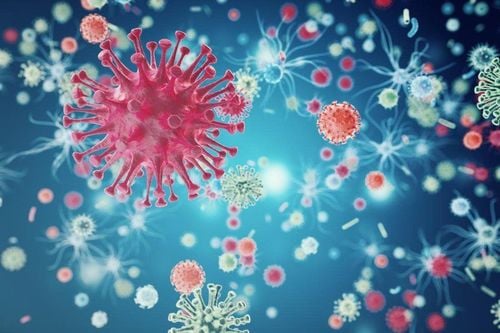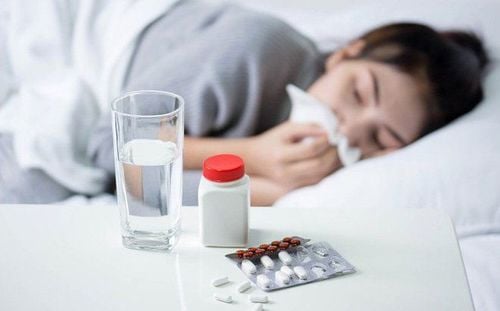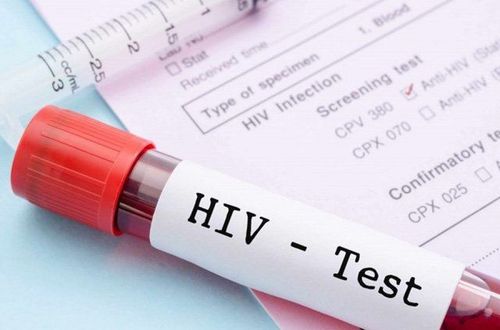This is an automatically translated article.
HIV is a disease related to the human immune system, very dangerous and has the ability to spread from one person to another. To reduce the risk of contracting this social disease, people need to know the signs of suspected HIV infection, the routes of transmission, what to do first if HIV is suspected, as well as other issues related to HIV infection. regarding this disease.
1. Suspected HIV infection
HIV is a virus that affects the patient's immune system, causing immunodeficiency states, from which the body will lose resistance against other pathogens and at this time, the body will susceptible to dangerous infections. Up to the present time, the world has not found a vaccine against the HIV virus, nor a treatment for this disease, so it is important to pay attention to signs of HIV infection as well as screen for HIV infection. HIV infection is the best way to prevent this sociopath.
HIV virus is spread mainly through sex, so during sex there is a chance of getting infected with this virus. The cause is explained by direct contact with blood as well as secretions of HIV-infected people.
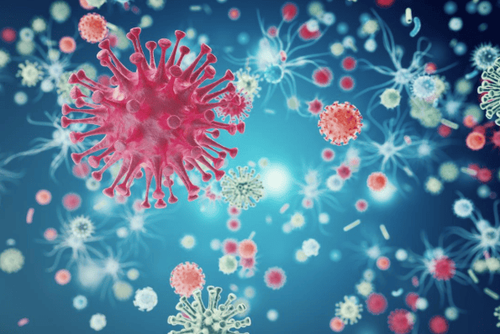
Hiện chưa có vắc-xin phòng chống HIV
Some other factors that affect during sex are the frequency or intensity of sex, whether sex causes damage to the genitals and scratches, if so, then Does it cause inflammation and how much inflammation is there, how much virus is present in the semen or what stage the HIV carrier is in... So, after having sex with Subjects who have been infected with HIV or suspected of being infected with HIV should immediately go to an HIV-AIDS prevention center or medical facility to have some necessary tests done to determine whether or not they are infected with the HIV virus. There will be timely remedial action.
HIV transmission route can be through blood and from mother to child during childbirth. So, to prevent these conditions from spreading, either parent must first have a healthy sex life, or use protection during sex.
Some symptoms of HIV infection that patients need to be aware of are:
Body fatigue, weakness Unexplained weight loss. Fever continuously for many days Sweating a lot in the evening Swollen lymph nodes Constipation for many days Occurrence of sores in the mouth and esophagus Cough continuously for many days Rash The body shows signs of infection In addition, in some cases, although there are no symptoms above, there are risks. The high risk of contracting HIV is:
People who have sex without using contraception People who have sex with someone who has HIV or is suspected of being infected with HIV Drug users, sharing needles.

Virus HIV chủ yếu lây qua đường tình dục
2. If HIV infection is suspected, what should be done first?
Patients at high risk of contracting HIV or suspected of being infected with HIV from other people should proactively go to health facilities to take measures to check and avoid spreading to their family and people around them. around. The HIV test that can be done to check when HIV infection is suspected is a test that detects HIV antigens and antibodies in the patient's body.
Normally, it takes up to 2 weeks for antigens to be detected as well as more than 3 weeks for the body to produce enough antibodies, it can even take months in some special cases. Therefore, if the HIV virus enters the patient's body, it takes time for them to multiply and develop, also known as the window period, if testing for antigens and antibodies during this time is very It is difficult to diagnose a patient with HIV infection. In fact, people who are in a high-risk group for HIV infection, such as having sex with someone with HIV/AIDS or coming into contact with the blood of an HIV patient, the test results right after sex are often negative. negative and this is potentially incorrect, also known as a false negative.
Therefore, according to medical experts, the optimal time to confirm HIV infection after suspected HIV infection is 3 months. Therefore, immediately after the HIV test is negative, the patient needs to repeat the test many times in about 1-3 months later to be sure of his HIV status. During that time, the patient should seriously take precautions when having sex, not sharing syringes, not having direct contact with the blood of an HIV-infected person, if the patient is in a high-risk case. HIV-infected patients may be prescribed anti-HIV drugs for the first 3 days.
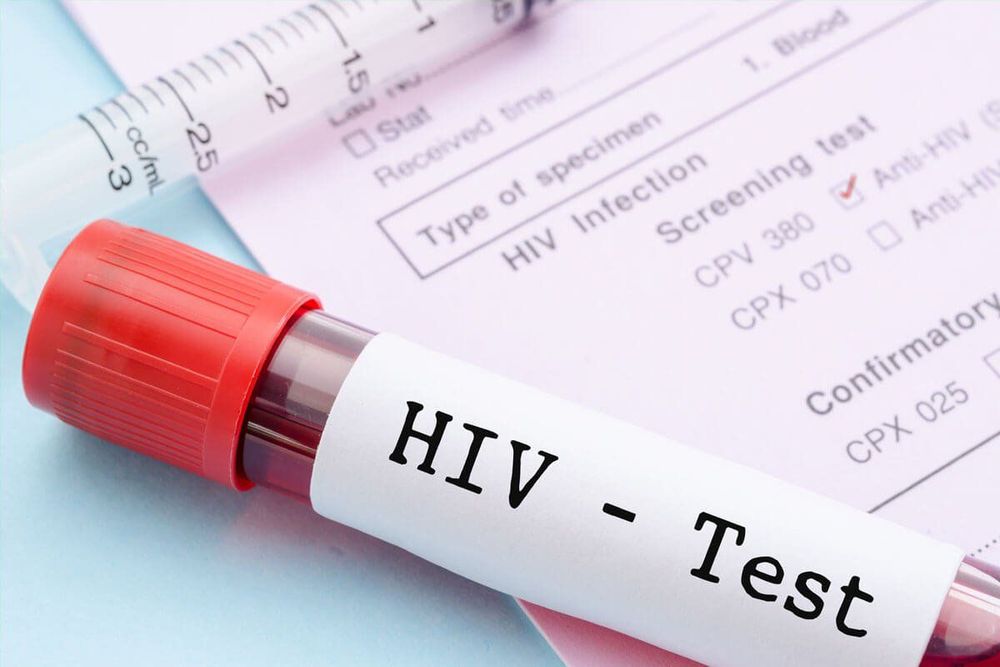
Thực hiện xét nghiệm nhiều lần để có kết luận bệnh chính xác
In contrast, some HIV tests give false positives. More specifically, with screening tests performed by taking a specimen from the mucosa of the cheek or a drop of blood at the tip of the finger, cross-reactions with other viruses can occur, so the results are positive. HIV positive, but these patients do not actually carry the HIV virus in their bodies. In these cases, the patient will be asked to have the HIV test repeated several times later and possibly some more specialized HIV testing to confirm the diagnosis.
HIV is one of the viruses that cause a dangerous social disease today, which can lead to AIDS if not detected and treated properly. Therefore, when there are factors to suspect HIV infection or the body shows signs of HIV infection, the patient needs to go to HIV centers for instructions on how to test for HIV and prevention measures.
Vinmec International General Hospital offers a Package of Examination and Screening for social diseases to help customers detect diseases early and have effective treatment and prevent dangerous complications. The screening package for social diseases at Vinmec is for all ages, both men and women.
To register for examination and treatment at Vinmec International General Hospital, you can contact Vinmec Health System nationwide, or register online HERE.






